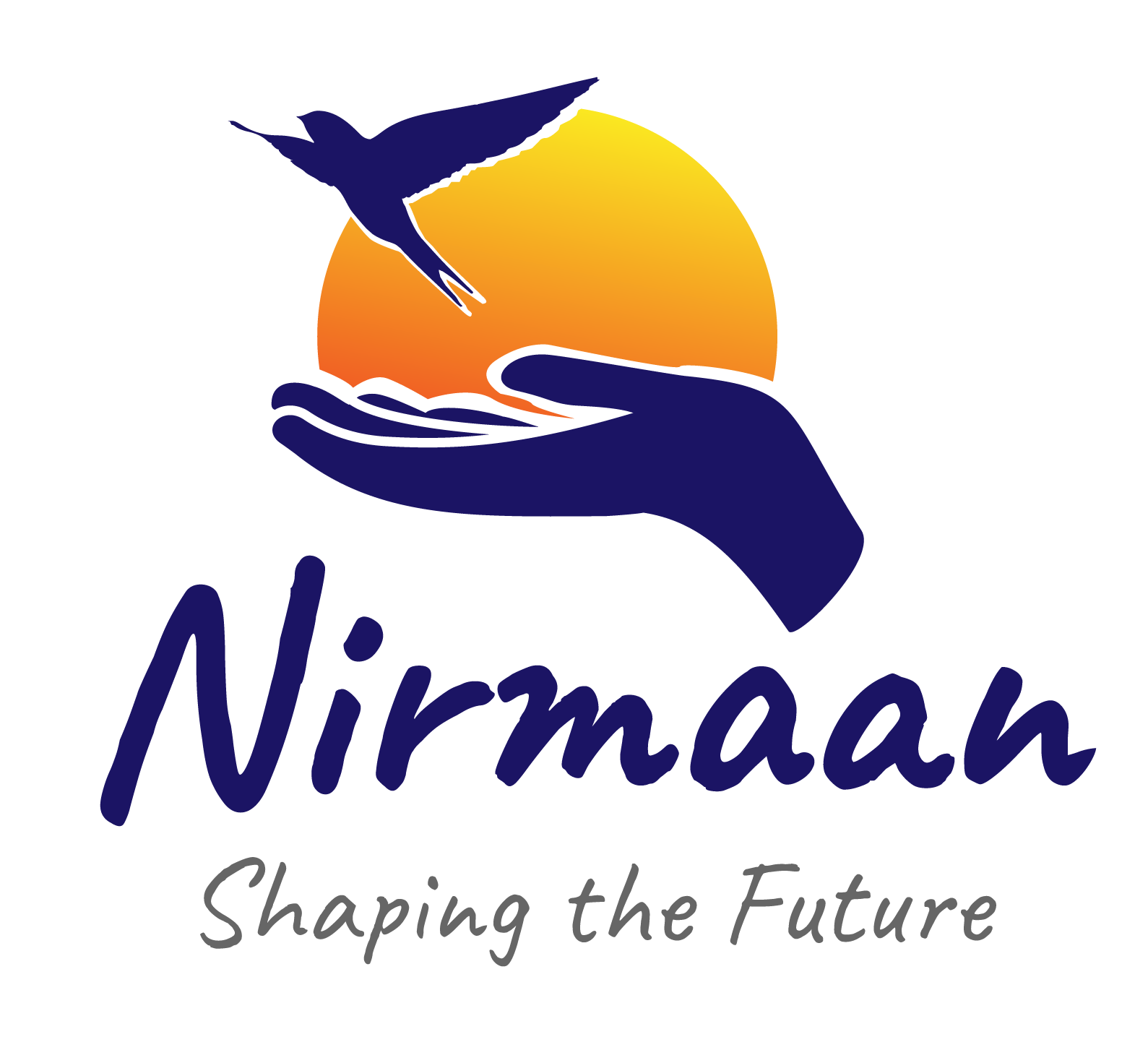The Future of Career Education: Preparing Students for the Metaverse
The rapid advancement of technology continues to reshape the landscape of career education, particularly with the rise of the metaverse. As we move further into 2025, the integration of virtual reality (VR), augmented reality (AR), and other immersive technologies into educational settings is becoming increasingly crucial. This blog explores how career education is adapting to prepare students for the metaverse and its impact on skill development and job opportunities in emerging virtual industries.
One of the most significant shifts in education is the transition from traditional classroom learning to immersive, experience-based learning. The metaverse offers a unique platform for students to engage with their education in a dynamic environment. By utilizing VR and AR, educators can create simulations that mimic real-world scenarios, allowing students to practice skills in a safe and controlled setting.
For instance, students studying healthcare can perform virtual surgeries, while those in engineering can build and test prototypes in a 3D space. This hands-on approach not only enhances understanding but also builds confidence, preparing students for the complexities of their future careers.
Moreover, the metaverse is giving rise to new job opportunities that did not exist a few years ago. As companies begin to establish their presence in virtual worlds, demand for professionals skilled in areas such as virtual architecture, digital marketing for the metaverse, and VR content creation is skyrocketing. Educational institutions must adapt their curricula to include these emerging fields, ensuring students are equipped with the necessary skills to thrive in these new roles.
Another vital aspect of preparing students for the metaverse is fostering soft skills that are increasingly relevant in virtual environments. Collaboration, communication, and adaptability are essential traits for success in immersive workplaces. Career education programs should emphasize these skills alongside technical training, providing students with a well-rounded education.
Additionally, partnerships between educational institutions and industries are becoming essential. Collaborations with tech companies can provide students with internships and real-world experiences, bridging the gap between education and employment. These partnerships can also keep curricula aligned with industry trends, ensuring that students are learning the most relevant skills for the job market.
As we look to the future, it is clear that the metaverse will significantly impact career education. By embracing immersive technologies, fostering soft skills, and collaborating with industry leaders, educational institutions can prepare students for the opportunities and challenges of tomorrow's job market. The future of career education lies in its ability to adapt, innovate, and equip the next generation for success in an increasingly virtual world.



Leave a Comment
To post comment, please